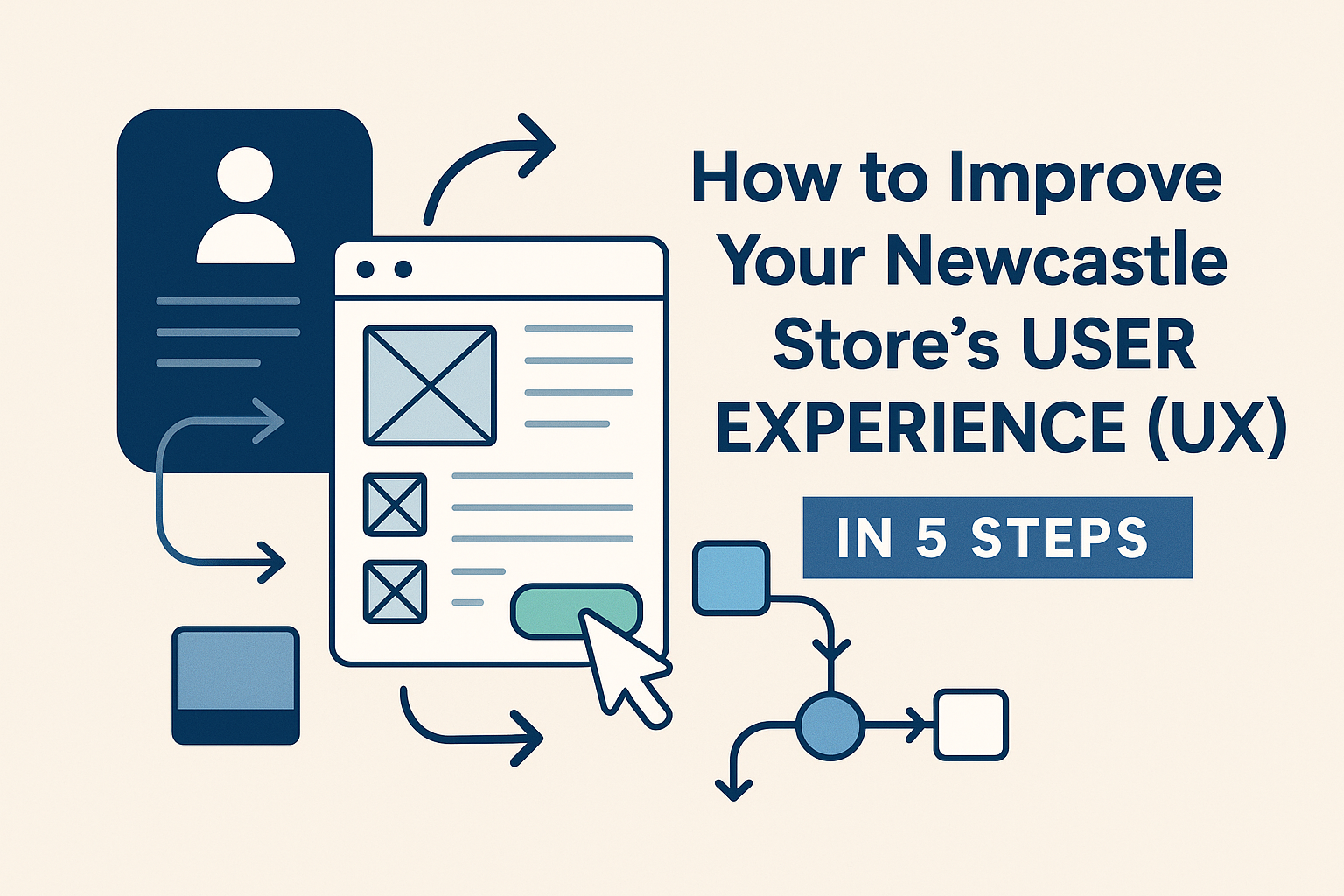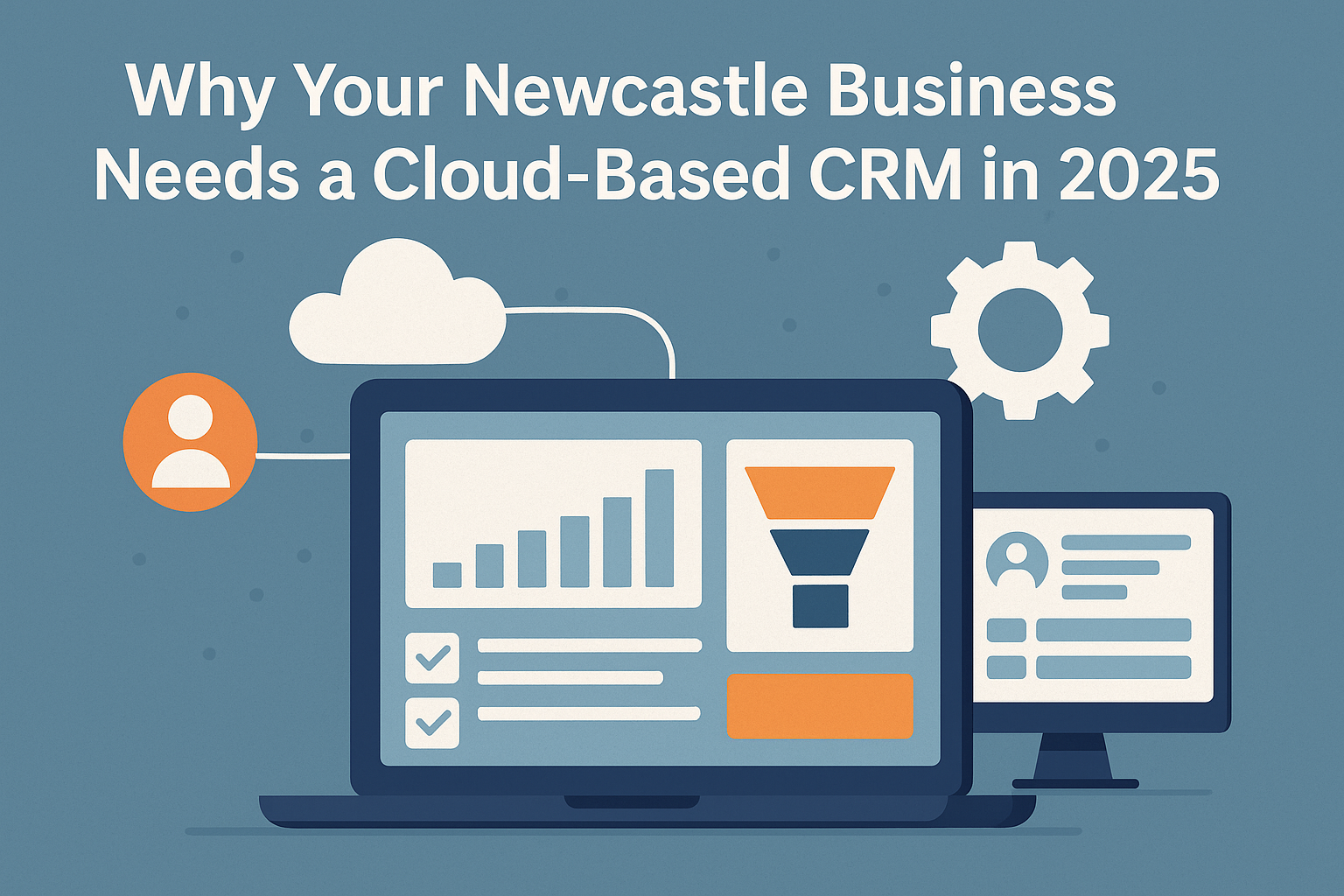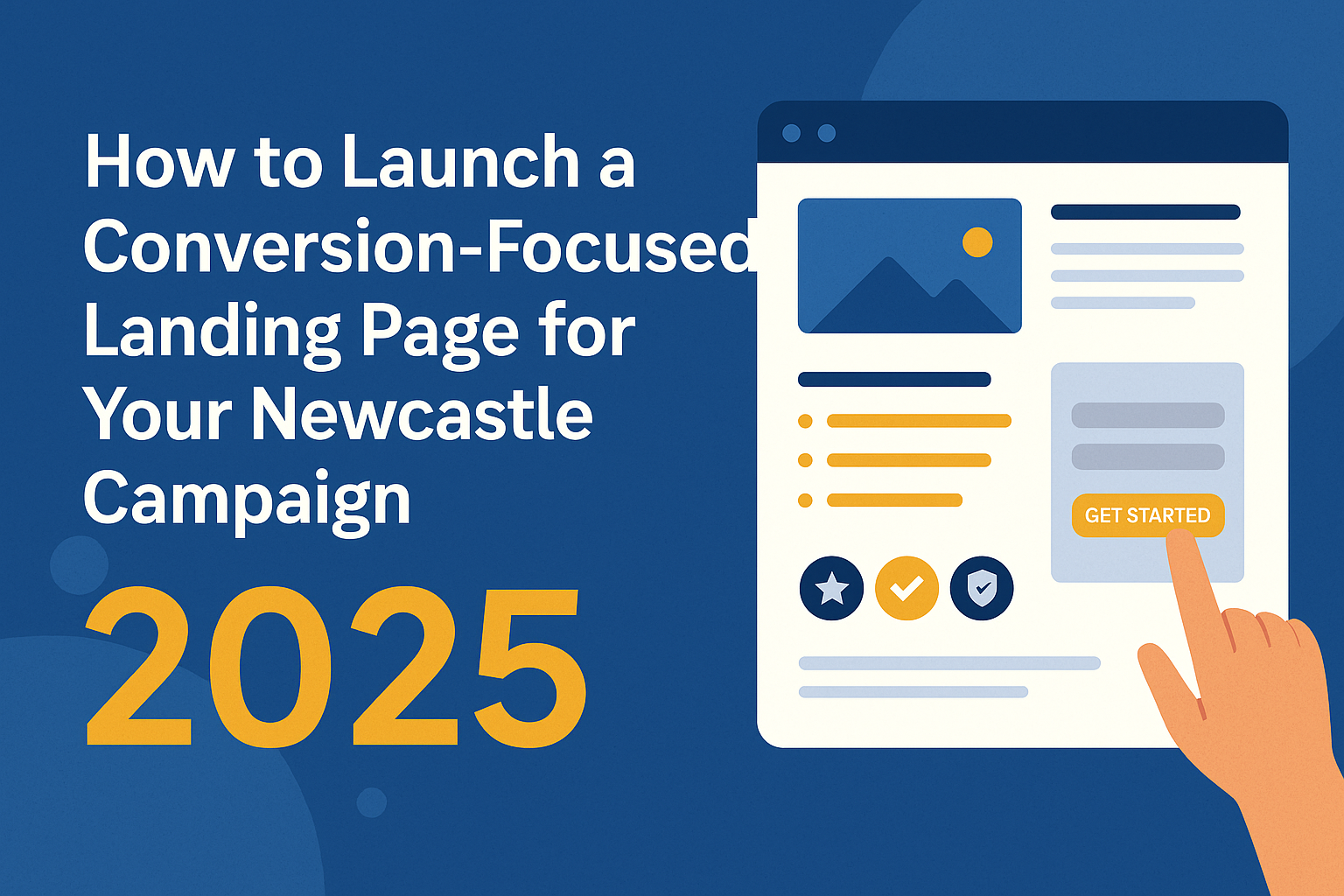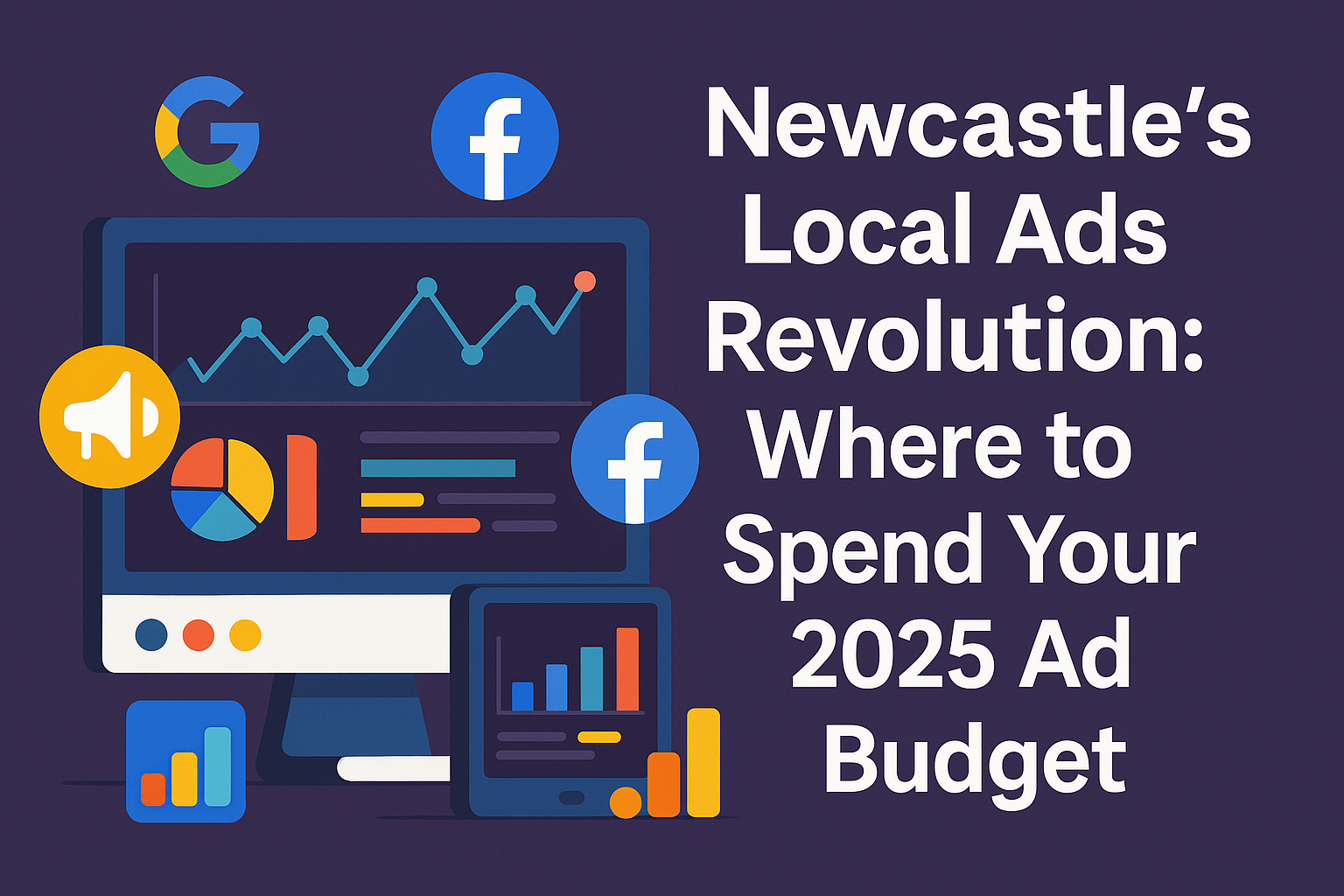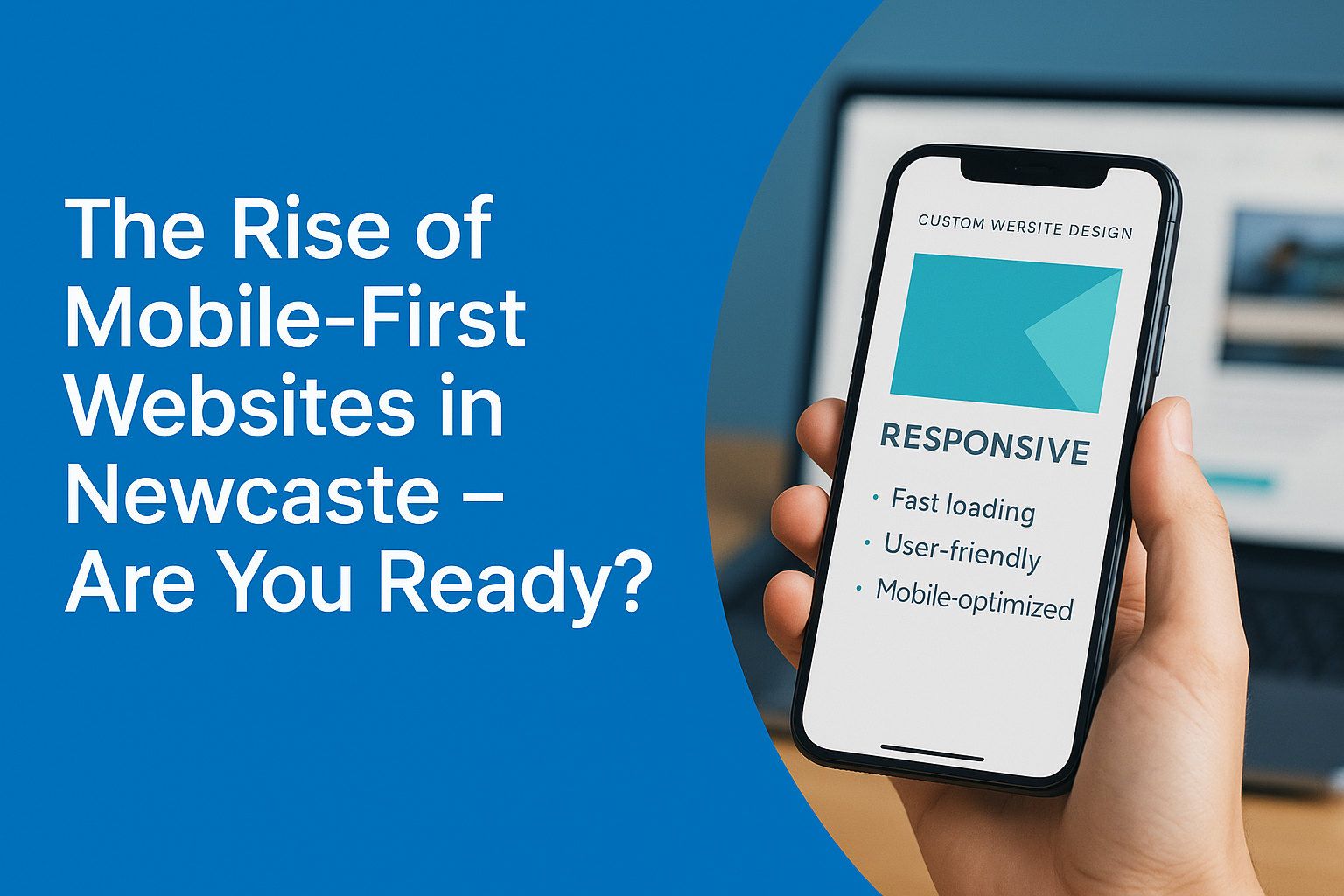Warning: include(./config.php): Failed to open stream: No such file or directory in /home/admin/web/robatodigitals.com.au/public_html/include/header.php on line 1
Warning: include(): Failed opening './config.php' for inclusion (include_path='.:/usr/share/php') in /home/admin/web/robatodigitals.com.au/public_html/include/header.php on line 1
- sales@robatodigitals.com
- 124 Westwood Dr, Burnside VIC 3023
The Importance of Responsive Web Design: Adapting to the Digital Age

The Importance of Responsive Web Design: Adapting to the Digital Age
The proliferation of smartphones, tablets, and various other devices have become imperative for websites to adapt to different screen sizes and resolutions. This adaptation is made possible through responsive web design, a crucial concept in web development. In this blog post, we will explore the importance of responsive web design and how it can benefit your website, your business, and your users.
Enhanced User Experience
A responsive website ensures that your users have a consistent and enjoyable experience regardless of the device they use. Whether someone is visiting your site on a large desktop monitor or a tiny smartphone screen, responsive design ensures that your content is legible, images are appropriately sized, and navigation remains user-friendly. This improved user experience leads to higher user engagement, longer visit durations, and ultimately, more satisfied visitors.
Improved Mobile Traffic
With mobile devices accounting for a significant portion of internet traffic, having a responsive website is crucial for capturing this audience. Google also rewards mobile-friendly websites with higher search engine rankings, making it more likely for users to discover your site in search results. Responsive web design not only caters to mobile users but also future-proofs your site against new devices and screen sizes that may emerge.
Faster Loading Times
Page load speed is a critical factor for user satisfaction and search engine ranking. Responsive web design can help improve loading times by optimizing the delivery of content to different devices. Rather than loading the full desktop site on a mobile device, responsive design allows for the selective loading of content, resulting in faster page loads and reduced bounce rates.
Cost-Efficiency
Maintaining multiple versions of a website for different devices can be costly and time-consuming. With responsive web design, you can create a single website that adapts seamlessly to various screens, reducing development and maintenance costs. This efficiency allows you to allocate resources to other aspects of your website, such as content creation and marketing.
Increased Conversion Rates
A responsive website can have a significant impact on your conversion rates. When users have a positive experience navigating your site on their preferred device, they are more likely to take desired actions, such as making a purchase, signing up for a newsletter, or filling out a contact form. A seamless user journey across devices increases the likelihood of achieving your website's goals.
Better SEO Performance
Search engines like Google prioritize mobile-friendly websites in their search results. Having a responsive website is not only beneficial for user experience but also for SEO. When your site is optimized for various devices, it's more likely to rank higher in search engine results, leading to increased organic traffic and visibility.
In today's digital landscape, responsive web design is not a luxury; it's a necessity. It ensures that your website remains accessible and user-friendly across a wide range of devices, resulting in improved user experiences, increased traffic, and better search engine rankings. Moreover, responsive design streamlines development efforts and reduces costs in the long run, making it a smart investment for any website owner or business. By embracing responsive web design, you can stay ahead in the competitive online environment and provide your users with the best possible experience, regardless of the device they use to access your site.


